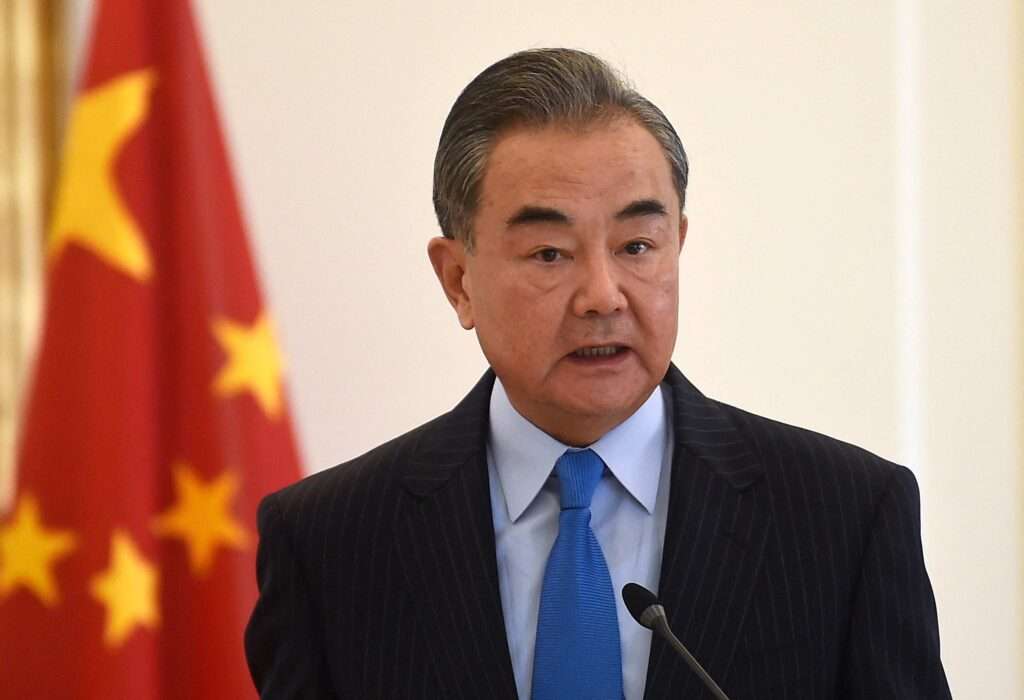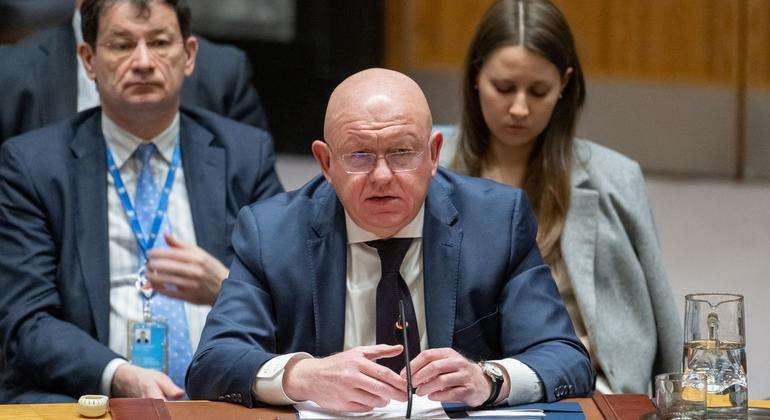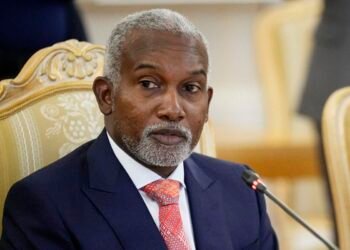The need to strengthen international cooperation and implement reforms in global governance took center stage during a ministerial-level debate at the United Nations Security Council. Convened by China, which holds the Council presidency this month, the meeting comes as the UN prepares to mark its 80th anniversary later this year.
UN Secretary-General António Guterres opened the session, stressing the urgency of global collaboration to address escalating crises, from climate change to deepening economic inequalities. “Global solidarity and solutions are needed more than ever,” he said, highlighting the increasing threats posed by violent extremism, geopolitical conflicts, and the evolving dangers of artificial intelligence (AI).
With conflicts persisting in Ukraine, Sudan, the Democratic Republic of the Congo, and the Occupied Palestinian Territories, Guterres warned that peace is becoming increasingly elusive. He emphasized that “terrorism and violent extremism remain persistent scourges” and raised concerns over nuclear threats, calling them a “clear and present danger.”
The Secretary-General urged member states to rally behind the Pact for the Future, an agreement adopted by UN member states last September. Designed to modernize global governance, the Pact proposes strengthening coordination with regional organizations, increasing participation of marginalized groups in peace efforts, and overhauling international financial structures to better serve the modern world.
Among its provisions, the Pact calls for an AI governance body that allows developing nations to contribute to decision-making—a first-of-its-kind initiative. Guterres also stressed the importance of Security Council reform, stating that the body “must reflect the world of today, not the world of 80 years ago.”
Shaping a More Inclusive Security Council
The debate emphasized the necessity of expanding Security Council membership to mirror contemporary geopolitical realities. Calls for making the Council more inclusive, transparent, and democratic have been ongoing in the UN General Assembly for over a decade.
“Now is the time to build on the momentum provided by the Pact for the Future,” Guterres urged, calling on member states, including the permanent five members of the Council, to work towards a consensus on much-needed reforms. He reminded attendees that even during the Cold War, the Council managed to function effectively through “collective decision-making and vigorous dialogue.”
China’s Foreign Minister, Wang Yi, who chaired the meeting, reinforced the need for a more just international order, upholding sovereign equality, and respecting national choices.
“We must respect the development acts chosen independently by people of all countries, uphold the principle of non-interference in internal affairs, and not impose one’s will upon others.”
Wang Yi

Wang stressed that all nations must uphold the authority of the UN Security Council, ensuring that its resolutions are binding. He condemned unilateral sanctions imposed without UN authorization, labeling them as “lacking legal basis, defying justification, and contradicting common sense.”
Furthermore, Wang called for the fair representation of developing nations, particularly African countries, in international decision-making. He argued that “international affairs should no longer be monopolized by a small number of countries,” and that developing nations have a right to advocate for their interests on the global stage.
Western countries undermining UN authority: Russia
Despite its strengths and weakness, the UN has fulfilled its founding purpose of preventing a new World War, Russian Ambassador Vasily Nebenzya told the meeting.
He warned, however, that the world is “teetering on the brink of a direct military confrontation between nuclear powers” as western countries undermine UN authority and the primacy of international law.
“We are witnessing a broad application of the practice of unilateral coercive measures being imposed whenever supporters of methods of force in global politics do not manage to push through their desired outcome at the Security Council.
“Failure to abide by the UN Charter and a reckless approach to Security Council resolutions on a number of acute international issues has now become the hallmark of the West.”
Vasily Nebenzya

Regarding efforts to resolve the crisis in Ukraine, he said “it is becoming clear who genuinely advocates a more fair, more equal world, and who are living in the past and are striving at any cost to make their geopolitical agendas a reality.”
As the UN approaches its 80th anniversary, the Security Council faces mounting pressure to adapt to a rapidly changing world. Leaders at the debate agreed that strengthening multilateralism and reforming outdated structures is essential to ensuring global peace and security in the 21st century.
READ ALSO: Musician Urges Young Artists to Focus on Craft Over Contracts




















